I’ve been reading a few novels lately and it suddenly has occurred to me that they all seemed to be exploring a similar theme: the neglect or abandonment of children.
First there were those of Australian writers Tony Birch (Blood) and Romy Ash (Floundering), both of which tell the stories of neglected children pretty much left to fend for themselves by dysfunctional parents.
Then I read Lost Memory of Skin by American Russell Banks about a boy growing up homeless. The penny was starting to drop for me. Finally two recent and excellent novels A Land More Kind than Home (Wiley Cash) and Canada by Pulitzer Prize-winning author Richard Ford completed the thematic picture. Cash’s story portrays how the ignorance attached to a strict religious upbringing can spell death for an innocent child while Ford’s novel explores what happens to brother and sister twins abandoned when their parents go to prison for robbery.
This recurring theme seems to me to be much more than a coincidence. It’s pretty obvious that writers (and other thoughtful people) are worrying out loud about how a society can best care for its most vulnerable. The facts are that there is mounting evidence that societies (including Australia) have failed in this important task. We probably don’t need reminding that our media is full of daily anecdotal evidence that many children are either being neglected or abused and these anecdotes are supported by some alarming statistics.
According to the Australian Government’s Institute of Family Studies ‘the most recent national figures from the AIHW indicate that in Australia, during 2010–11, there were 237,273 reports of suspected child abuse and neglect made to state and territory authorities.’ (http://www.aifs.gov.au/cfca/pubs/factsheets/a142086/index.html)
Childhelp, an organisation for the prevention and treatment of child abuse says that ‘Every year 3.3 million reports of child abuse are made in the United States involving 6 million children; The United States has the worst record in the industrialized world – losing five children every day due to abuse-related deaths.’
No wonder writers are fixated on the stories behind these cold and bloodless statistics. What’s going wrong and how can we best nurture and protect our children? Organisations that support traditional family structures, such as the Australian Family Association, are clear-eyed about what children need – namely the support of a ‘marriage between one man and one woman to protect the rights of children to know and be raised by their biological mum and dad.’
Unfortunately such groups fail to admit that many of the abuse statistics come from such ‘traditional’ families. Such a solution is too simplistic and naïve. In Australia, the Australian Institute of Criminology reports that more infants under the age of one year are murdered each year in Australia by family members than die in motor traffic accidents, accidental poisonings, falls or drowning. Between 1989 and 1993 an average of 27 children aged under 15 were murdered each year in Australia. Almost two thirds of these children were aged five or less. Around half of all children killed by assault were under one year of age.
I don’t have children of my own so you could argue what would I know about the best ways to protect children? However, there are a couple of facts that I think are quite self obvious:
1. Unless we care for and nurture and encourage our children to become the loving, responsible adults of the future we are pretty much stuffed as a society.
2. A child needs at least one loving adult (preferably more) of whatever sex or sexual persuasion to care and nurture that child into adulthood.
A traditional family is well and good and perhaps the ideal nurturing ground for vulnerable children but it’s pretty clear that society must work at creating other positive, loving structures to nurture our children. If novelists are currently exploring these issues we should all be too.

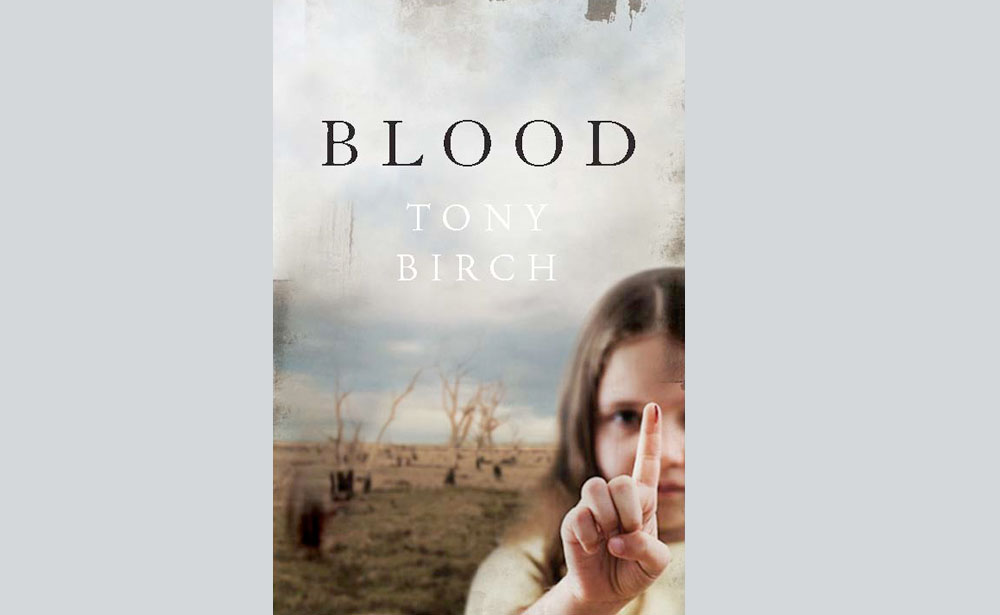


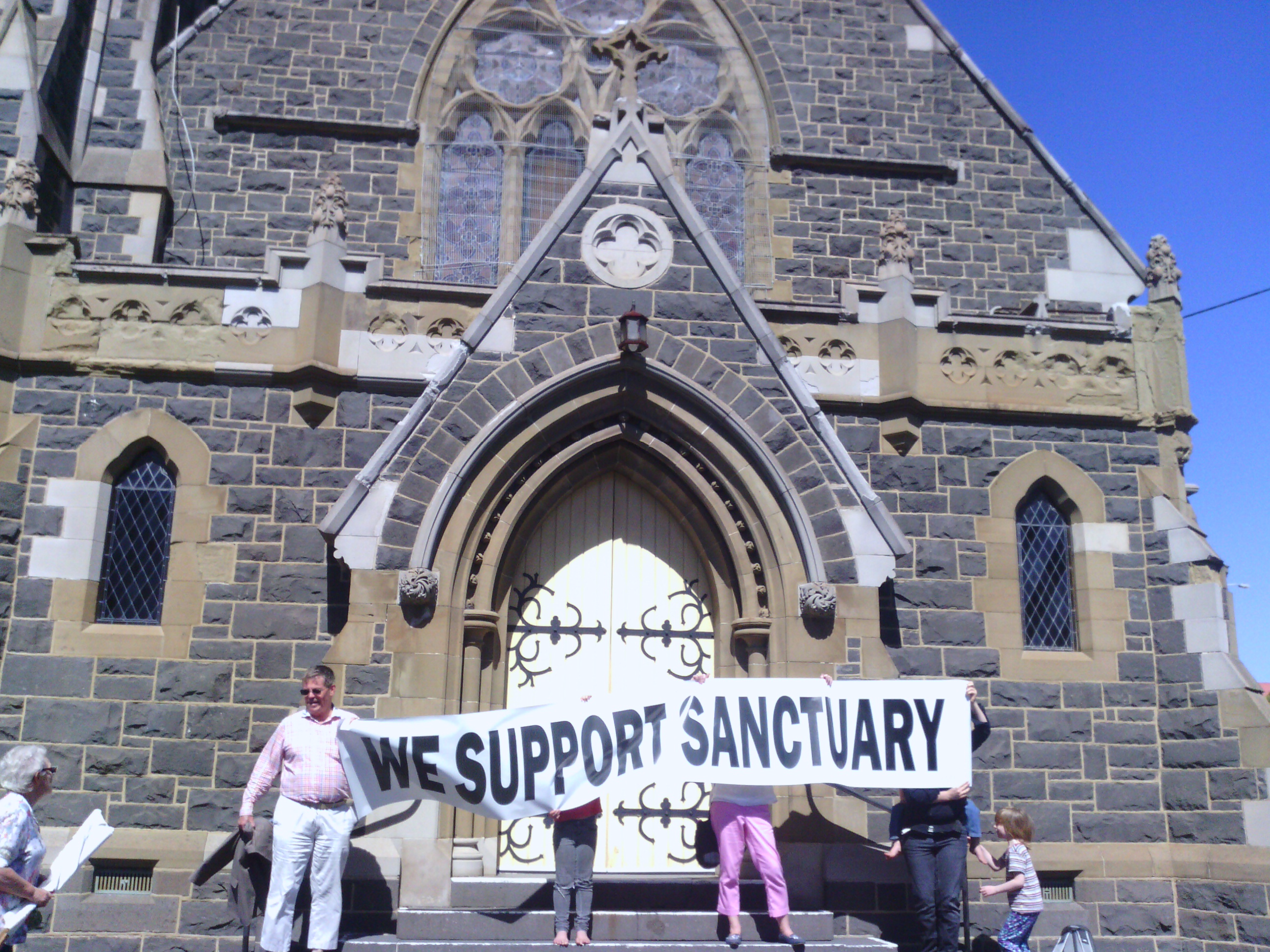

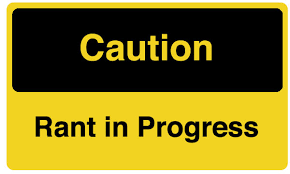
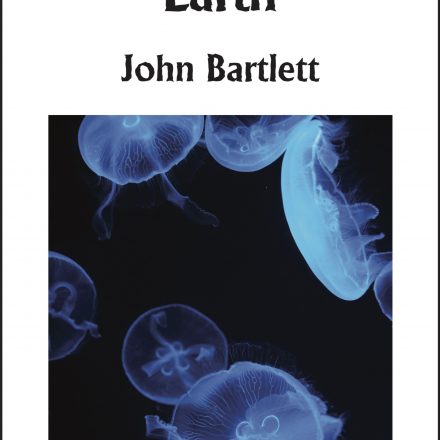


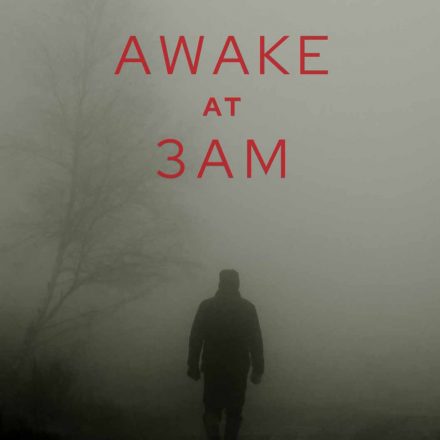
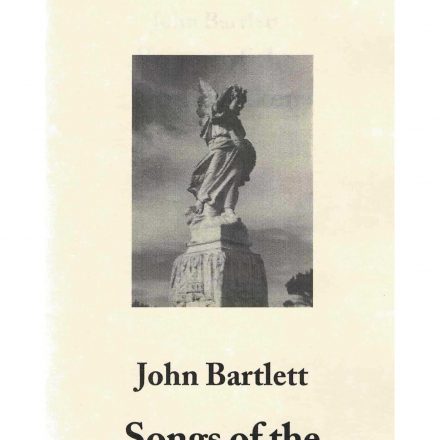


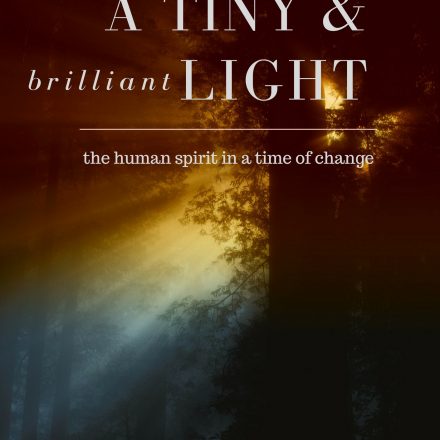

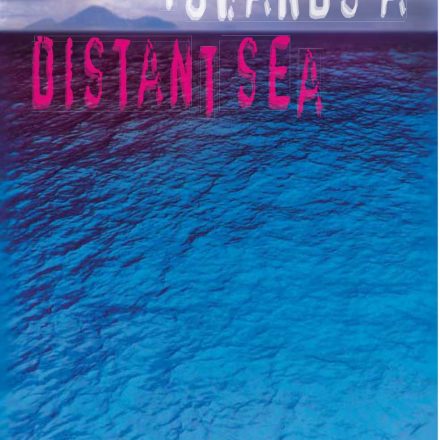









But, then, (my first thought) are not novelists themselves exiles or orphans of some description, seeking in literature a homeland? Novel: a home of a thousand rooms, where there is rest and adventure to be had at will?
…and “Jasper Jones”?…And I’ve just read US author TOM WRIGHT’s “What Dies In Summer”…There is Nene gare’s classic ” The fringe Dwellers” too….I revioewed ” The Lost Woman” recently, a memoir by Sidney Smith
Much to think about, John. Our child protection services have been a disgrace for years. How we treat the young, sick, disabled, vulnerable and elderly says much about our community values. We cannot let each other (generic) off the hook here: action, advocacy, support and the written word are all available to us if we care enough. And you’re right, this is a social and political issue as well as a personal one. Community values need to be articulated, built and maintained by all of us. Incidentally, I wonder if some of these writers are voicing personal experiences?
Bravo John,
I agree.
Lorraine Lee
Ps. We have shifted and lost the internet for quite some time so it is great to read your work again.
Thanks